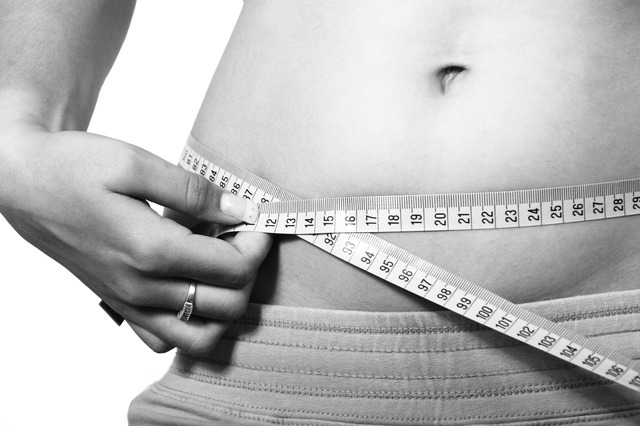Researchers injected obese patients with a combination of gut hormones to mimic the effects of gastric bypass surgery.
Obesity is an increasingly common problem worldwide and can be linked to illnesses such as type 2 diabetes, cardiovascular disease and some types of cancer. There are several approaches to managing obesity, including very-low-calorie diets and weight-loss surgery. Gastric bypass surgery is one of the most effective treatments for obesity and type 2 diabetes. It limits the amount of food that can be eaten and decreases energy absorption, leading to weight loss and lowering blood glucose. However, in addition to the risks linked to major operations, gastric bypass surgery can have long-term side effects such as abdominal pain, chronic nausea, vomiting, and debilitating low blood sugar.
Gastric bypass surgery increases the secretion of several gut hormones
Several mechanisms are involved in the weight-loss effects of gastric bypass surgery, including changes in gut hormones secreted in response to eating. Three hormones in particular – glucagon-like peptide 1, oxyntomodulin, and peptide YY, or “GOP” for short, increase following gastric bypass surgery. These are “satiety” hormones, and are linked to decreased appetite and increased energy use in the body. In a small study, researchers from Imperial College London, UK, investigated whether giving obese patients with diabetes or prediabetes (when blood glucose is raised, but not high enough to be classified as diabetes) a GOP infusion could mimic the effects of gastric bypass surgery, and so reduce patients’ weight and control blood glucose levels. They recently reported their findings in Diabetes Care.
Between July 2016 and October 2018, the researchers randomly assigned 26 obese patients with diabetes or prediabetes to receive either GOP (n=15) or saline placebo (n=11), via a 12-hour infusion (started 1 hour before breakfast and disconnected after the last meal of the day), for a 4-week period. Patients also received advice on healthy eating and weight loss from a dietician. The researchers monitored the patients’ weight and blood glucose. For further comparison, they monitored a group of obese patients on very-low-calorie diets (n=22), and a group that underwent gastric bypass surgery (n=21).
Gut hormones infusion reduced weight and blood glucose in obese patients
After 4 weeks, patients receiving GOP infusion had a greater weight loss than patients receiving saline (average, 4.4 kg vs 2.5 kg). GOP treatment also improved patients’ blood glucose, lowering it to near-normal levels. Patients who had gastric bypass surgery or were on very low calorie diets achieved greater weight loss than those on GOP treatment (average, 10.3 kg and 8.3 kg respectively). These patients also had reduced blood glucose levels, but the levels were more variable than with GOP infusion.
Professor Tricia Tan, Imperial College London, the lead author of the study commented, “This result shows that it is possible to obtain some of the benefits of a gastric bypass operation without undergoing the surgery itself.” She noted that although weight loss was less with GOP infusion than gastric bypass surgery, the treatment could be preferable to surgery as it has fewer side effects. The team is hoping to carry out a larger clinical trial over a longer period of time. “If further trials are successful, in future we could potentially give this type of treatment to many more patients,” said Professor Tan.
Written by Julie McShane MA MB BS
References:
Behary P, Tharakan G, Alexiadou K, et al. Combined GLP-1, Oxyntomodulin, and Peptide YY improves body weight and glycemia in obesity and prediabetes/type 2 diabetes: a randomized, single-blinded, placebo-controlled study. Diabetes Care, 42(8):1446-1453.
Imperial College London. Press release, 6 Aug 2019. “New hormone injection aids weight loss in obese patients” https://www.eurekalert.org/pub_releases/2019-08/icl-nhi080619.php
Image by PublicDomainPictures from Pixabay



